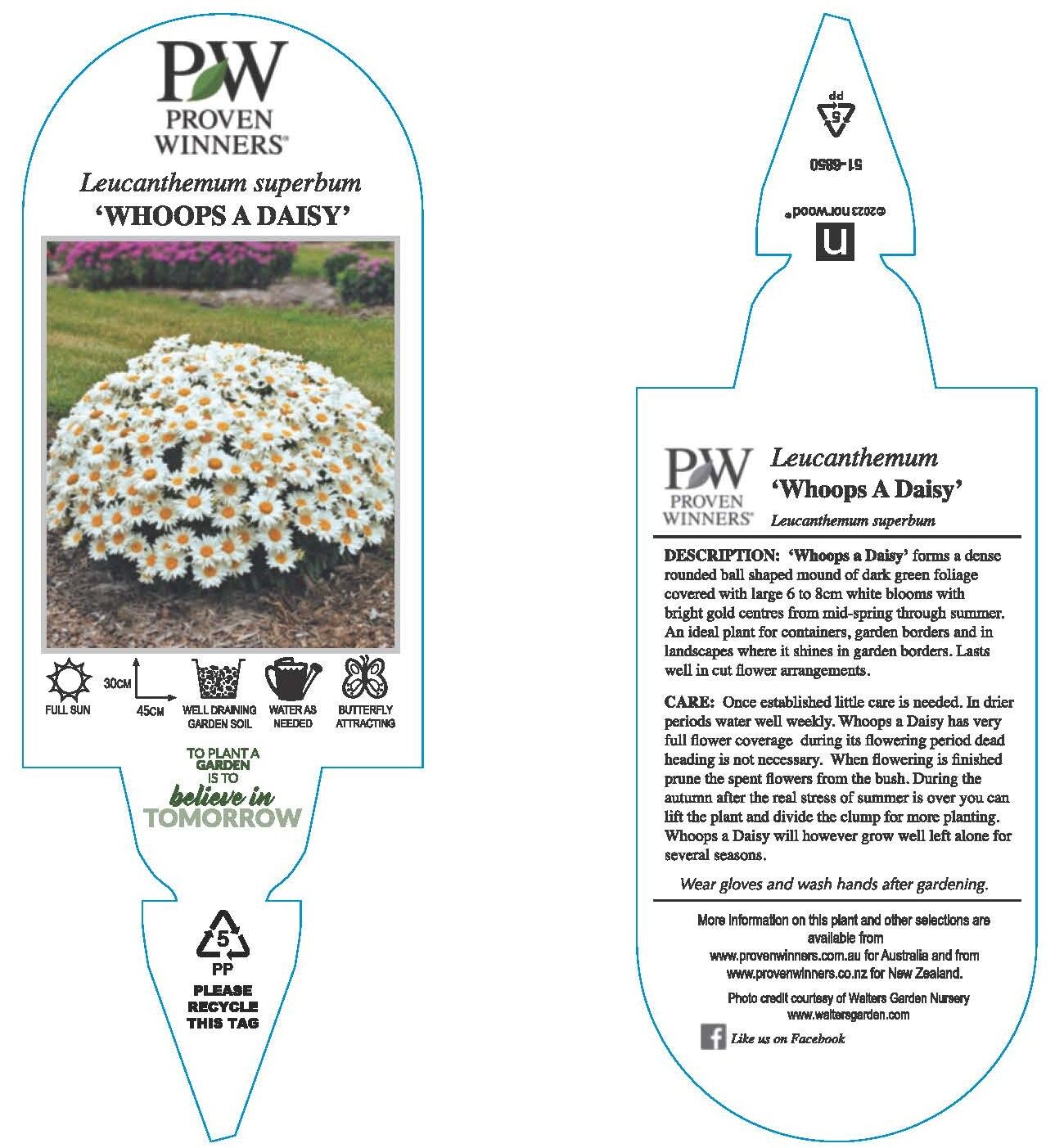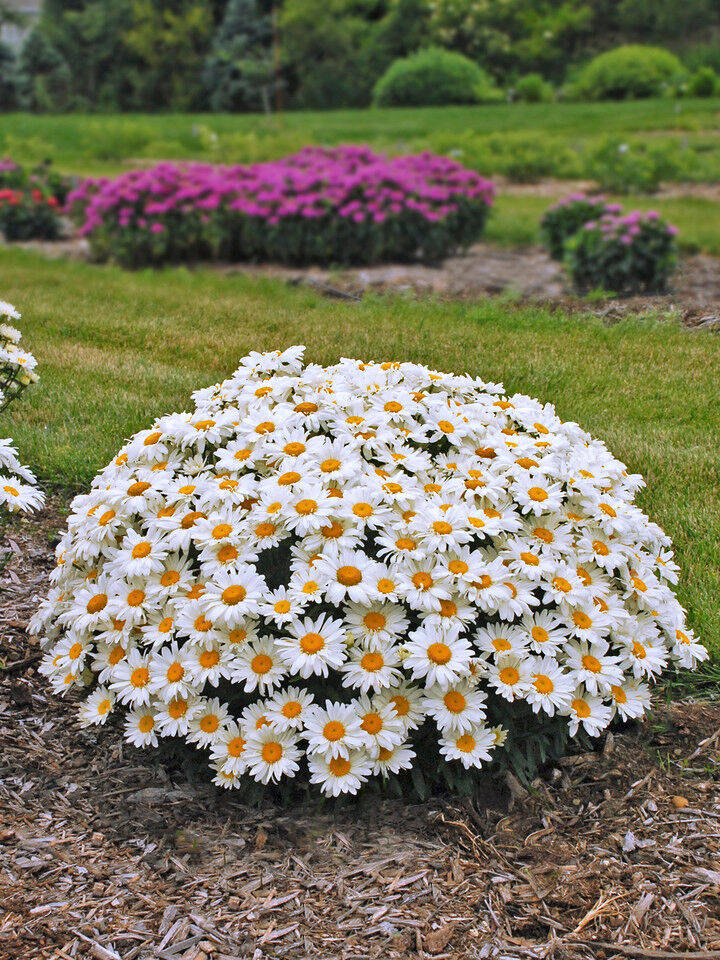
'Whoops A Daisy' forms a dense rounded ball-shaped mound of dark green foliage that becomes completely blanked in large white flowers with gold centres in Spring and Summer.
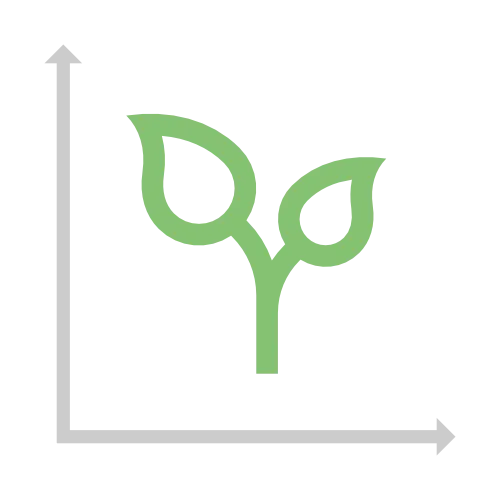
Available in AustraliaAvailable in New ZealandFind a Retailer
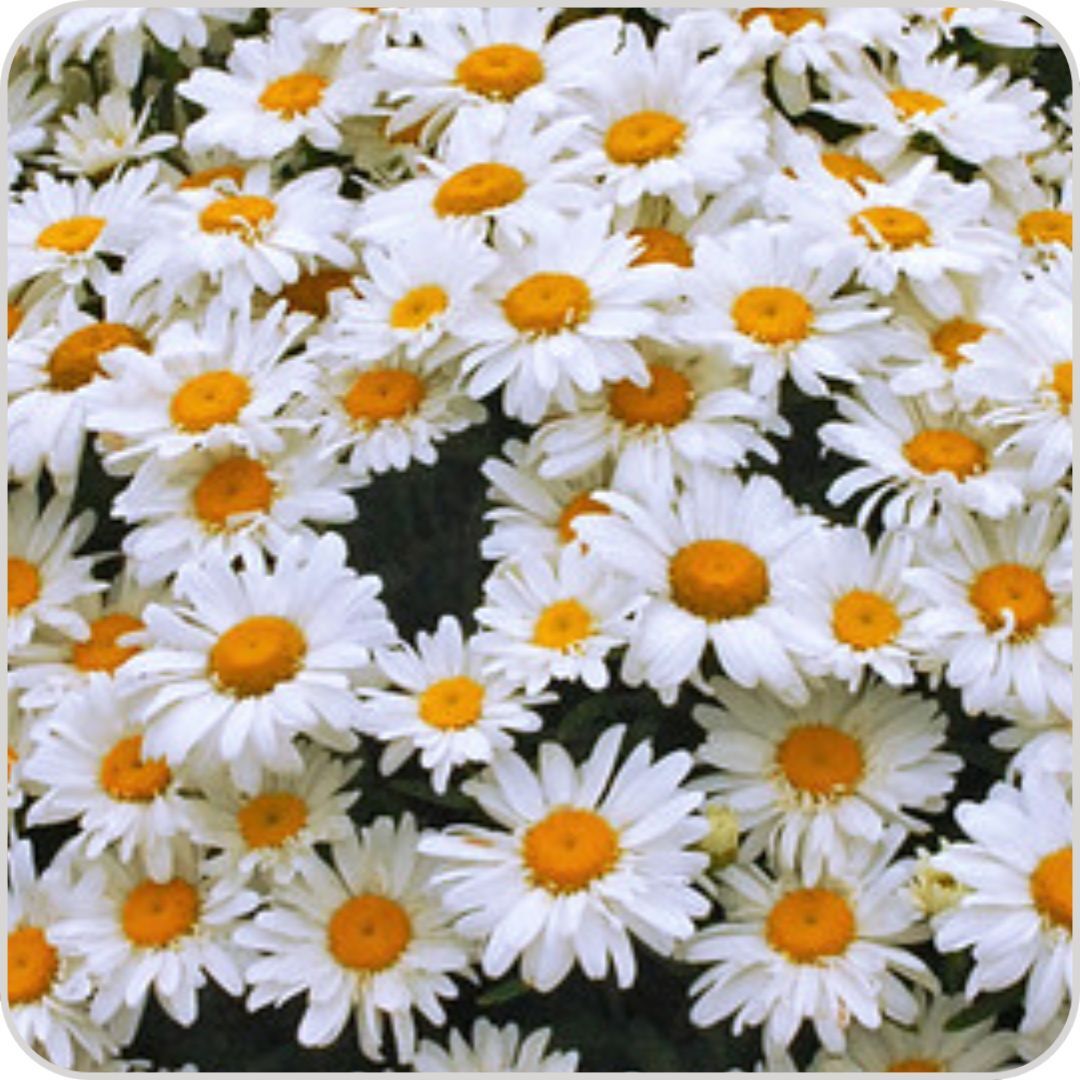
Fondly known as the Shasta Daisy, Leucanthemum is a compact perennial, in all but the coldest regions, and perfect for creating sunny, happy gardens. The flower of 'Whoops A Daisy' may look like a typical daisy, but the plant it blooms from is anything but ordinary. With a low, dense rounded ball-shaped mounding habit, 'Whoops A Daisy' hugs the ground and is covered in a blanket of shades of white flowers, 6-8cm across with bright gold centres.
Leucanthemum are recommended for their long blooming and ease of growing and heat tolerance. Plant in a full sun position where its form and flowering can be enjoyed from all sides. 'Whoops A Daisy' is ideal for planting into medium to large pots, which draws more attention to its topiary-like form with the added height. Shasta daisies attract butterflies and other pollinators to your garden. The strong stems make 'Whoops A Daisy' perfect for picking for table floral decorations.
Easy care once established. Prepare your garden bed or potting mix well by incorporating slow-release fertiliser, and ensuring that it drains well. They do not like wet feet. Mulch around the plant but avoid the stem to conserve moisture and encourage flowering. Remove spent flowers weekly to encourage many more blooms over a longer period. Leucanthemums do not like too much food, If you incorporated fertiliser or compost into your soil or potting mix upon planting, very little if any at all will be needed until next Winter.
As the plant ages you can lift the plant and divide before replanting into the re-worked garden or potting mix.
From breeding programmes at Walters Gardens in the USA many great plants have been chosen. Among these is ‘Whoops a Daisy’ from Leucanthemum x superbum vintage, the original parentage of which is unknown. Leucanthemums come from parts of Europe and into Asia.
Wear gloves & wash hands after gardening.
